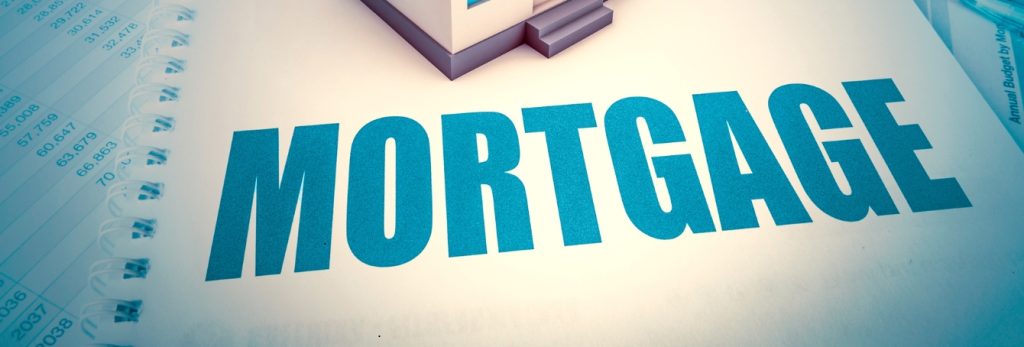Securing Your Financial Future: A Strategic Guide to Mortgage Negotiation

Laying the Groundwork: Financial Preparation Before You Negotiate The journey to favorable mortgage terms begins long before you speak with a lender; it starts with a thorough and honest assessment of your financial health. This foundational step involves gathering and reviewing key documents that lenders will scrutinize, including recent pay stubs, two years of tax […]
The Property Appraisal: Your Home Buying Transaction’s Unseen Guardian

Defining the Home Appraisal: The Cornerstone of Mortgage Lending A home appraisal is a fundamental component of the home buying process, representing an unbiased, professional assessment of a property’s market value conducted by a licensed or certified appraiser. This formal valuation is not based on personal opinion or emotion but is a documented analysis grounded […]
Understanding RESPA: A Guide to Real Estate Settlement Procedures and Consumer Protections

Introduction to RESPA’s Purpose and History The Real Estate Settlement Procedures Act emerged in 1974 as a congressional response to concerning practices within the real estate settlement industry. This federal law was designed to create greater transparency in real estate transactions and protect consumers from unnecessarily high settlement costs. The legislation specifically targeted abusive practices […]
Navigating Equal Housing Opportunity: A Comprehensive Guide to the Fair Housing Act

Historical Context and Legislative Foundation The Fair Housing Act emerged from the turbulent civil rights era as Title VIII of the Civil Rights Act of 1968, signed into law just days after the assassination of Dr. Martin Luther King Jr. This timing reflected the national recognition that housing discrimination represented a fundamental barrier to racial […]
Understanding the Mortgage Note: Your Guide to This Critical Home Loan Document

Defining the Mortgage Note and Its Fundamental Purpose A mortgage note represents the fundamental legal document that establishes a borrower’s promise to repay a home loan according to specific terms and conditions. This legally binding contract outlines the complete financial agreement between the homebuyer and lender, serving as evidence of the debt obligation secured by […]
The Critical Function of Property Appraisals in Residential Real Estate Transactions

Understanding the Appraisal Process and Purpose A property appraisal represents an independent professional assessment of a home’s market value, conducted by a licensed or certified appraiser who has no financial interest in the transaction. This objective valuation serves as a critical risk management tool for lenders, ensuring the property provides adequate collateral for the mortgage […]
Unlocking Homeownership: How Your Credit Score Shapes Your Mortgage Journey

Understanding Credit Score Fundamentals in Mortgage Lending Credit scores serve as numerical representations of a borrower’s creditworthiness, providing lenders with standardized metrics to assess mortgage risk. These three-digit numbers, typically ranging from 300 to 850, summarize years of financial behavior into a single measurement that heavily influences mortgage approval decisions. Lenders rely on these scores […]
Understanding the Impact of Mortgage Refinancing on Your Credit Profile

The Initial Credit Inquiry Impact When you begin the mortgage refinancing process, lenders will perform a hard credit inquiry to assess your creditworthiness. This inquiry typically results in a minor, temporary decrease in your credit score, usually between three to five points. While this impact might seem concerning initially, it’s important to understand that credit […]
Mastering the Debt Service Coverage Ratio: A Critical Metric for Real Estate Investment

Understanding DSCR Fundamentals in Real Estate The Debt Service Coverage Ratio serves as a fundamental financial metric in commercial real estate lending, providing a clear measurement of a property’s ability to generate sufficient income to cover its debt obligations. This ratio represents the relationship between a property’s net operating income and its annual debt service […]
Understanding Lender Credits: A Strategic Approach to Mortgage Costs

Defining Lender Credits and Their Purpose Lender credits represent a financial arrangement in mortgage lending where the lender provides a credit toward the borrower’s closing costs in exchange for accepting a slightly higher interest rate. This mechanism essentially allows borrowers to finance their closing costs through the loan itself rather than paying these expenses out-of-pocket […]
